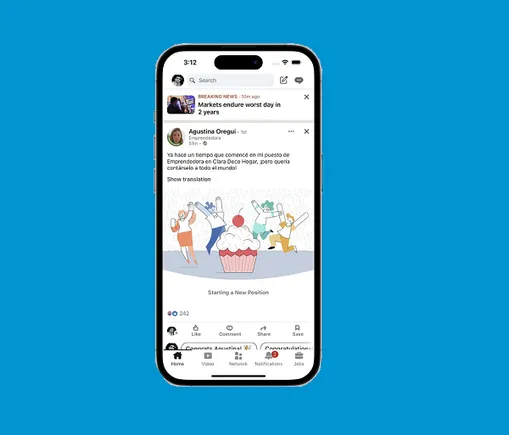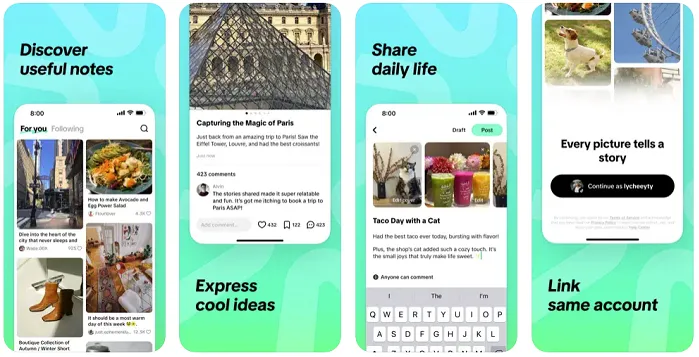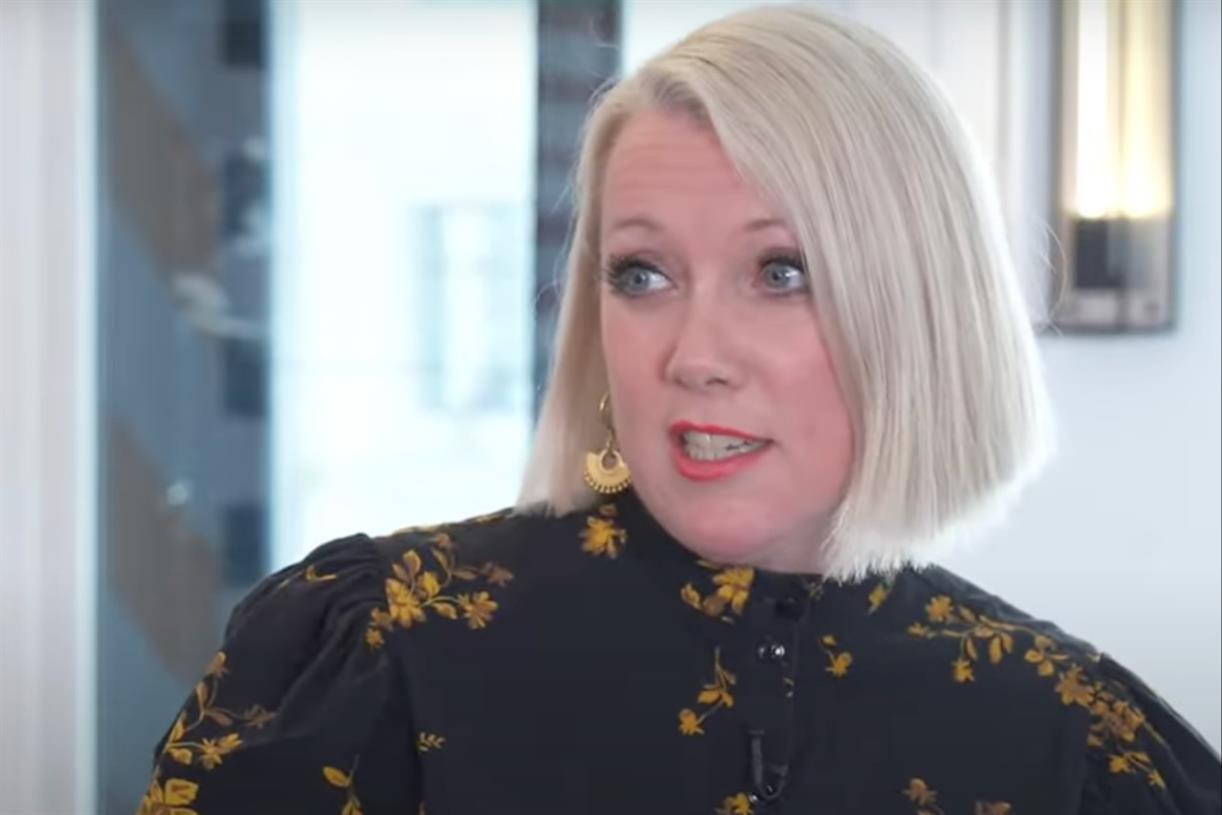4 best CRMs for wholesalers in 2025
Spreadsheets and manual processes can hold back your wholesale business from growing. As wholesalers face increasing pressures to deliver faster, maintain accurate inventory visibility, and provide exceptional customer service, the right CRM becomes essential for success.

Spreadsheets and manual processes can hold back your wholesale business from growing. As wholesalers face increasing pressures to deliver faster, maintain accurate inventory visibility, and provide exceptional customer service, the right CRM becomes essential for success. A CRM helps wholesalers streamline operations, from managing volume-based pricing to tracking shipments across multiple channels. That‘s why we’ve compiled this list of the best CRM software for wholesalers, complete with feature breakdowns, pricing comparisons, and implementation guidance. Below, we'll explore solutions including HubSpot, Pepperi, Prospect CRM, and Zoho. Unipart, a global provider of supply chain solutions, grew its pipeline from millions to billions in just 12 months using HubSpot. To quickly bring you this comprehensive guide, we used AI tools for research and drafting. All content has been thoroughly reviewed, fact-checked, and revised by a HubSpot staff writer to ensure accuracy and completeness. Read on to discover which CRM will transform your wholesale operations. Table of Contents A CRM for wholesalers is a specialized customer relationship management system designed to handle the unique complexities of wholesale distribution. Wholesale-focused systems can integrate with inventory management, handle bulk pricing structures, manage distributor networks, and track orders from purchase to delivery — all while maintaining detailed customer histories and facilitating B2B communications. HubSpot's CRM platform serves wholesalers by providing customizable properties, automation for order workflows, and unified data across sales, marketing, and service teams to manage complex B2B relationships at scale. CRM Best For Key Features Pricing Free Trial Available HubSpot Wholesalers wanting an all-in-one platform that unifies sales, marketing, and service with powerful automation Unified customer view, marketing automation, AI-powered features Free CRM; paid plans start at $15/seat/month Free plans Pepperi Brands and wholesale distributors needing unified B2B commerce across all channels Self-service buying portal, sales rep order taking, route accounting & DSD Starts at $500/month No free trial Prospect CRM Wholesalers needing stock-aware CRM with real-time inventory visibility Stock-aware CRM technology, RFM customer segmentation, cross-selling Magic Matrix Starts at $210 14-day free trial Zoho CRM Small to mid-sized wholesalers seeking affordable, feature-rich solutions Process management (Blueprint), Zia AI agents, lead nurturing Starts at $20/user/month Free trial available The right CRM can change constant bottlenecks into smooth operations. Let's examine four leading solutions that excel at managing wholesale complexities. Best for: Wholesalers wanting an all-in-one platform that unifies sales, marketing, and service with powerful automation HubSpot’s CRM is free and includes contact management, deal pipelines, and basic reporting. You can expand functionality by adding paid Hubs. Hub pricing is as follows: Best for: Brands and wholesale distributors needing unified B2B commerce across all channels Pepperi pricing is as follows: Best for: Wholesalers needing a stock-aware CRM with real-time inventory visibility Prospect CRM's pricing is as follows: Best for: Small to mid-sized wholesalers seeking affordable, feature-rich solutions Zoho CRM's pricing is as follows: Step 1: Map your current processes. Document existing workflows and identify areas where a CRM could improve efficiency. Consider order processing, customer communication, and reporting needs. Step 2: Define integration requirements. List all systems that need to connect with your CRM. Check each platform's integration options and consider middleware solutions if needed. Step 3: Calculate total cost of ownership. Consider subscription fees, implementation costs, training, and ongoing support when evaluating CRM options. Step 4: Involve key stakeholders. Include representatives from sales, customer service, and operations in the evaluation process to ensure the CRM meets all departmental needs. Step 5: Test with real scenarios. Use free trials to test CRMs with actual business scenarios. If a free trial isn’t available, book a demo with a sales rep. Create sample quotes, manage test orders, and evaluate ease of use. Step 6: Plan for scalability. Choose a CRM that can grow with your business. HubSpot's scalable platform allows businesses to start with free tools and add features as they grow. The best CRM depends on specific business needs, size, and budget. HubSpot offers a comprehensive platform with free CRM tools and scalable paid features. Its flexibility and unified approach to sales, marketing, and service make it suitable for many wholesale operations. Key features include contact and account management, opportunity tracking, integration capabilities, reporting tools, and mobile access. Look for platforms that support B2B sales processes and can connect with your existing business systems. HubSpot's CRM has over 1,900 integrations in its App Marketplace, offering plentiful opportunities to connect with many of your favorite tools. Yes, HubSpot's flexibility makes it suitable for wholesale businesses. The platform offers custom properties, workflows, and integrations that can be configured for wholesale-specific needs. Manufacturing companies with similar B2B complexity have seen strong results — Positec Group, a manufacturer of power tools, manages over 90,000 support tickets annually with HubSpot. CRM costs vary widely based on features and vendor. Pepperi starts at $500/month for its Pro plan. Prospect CRM begins at $210 for four users on its Start-Up plan. Zoho CRM offers more affordable per-user pricing starting at $20/user/month for Standard. HubSpot's CRM is always free with contact management, deals, and basic reporting, with paid plans starting at just $15/month/seat for additional features. HubSpot stands out as a flexible CRM solution for wholesalers seeking to modernize operations and build strong customer relationships. Here's why wholesale businesses choose HubSpot: Ready to transform your wholesale operations? Start with HubSpot's free CRM today and scale up as your business grows.What is a CRM for Wholesalers?
Best CRMs for Wholesalers at a Glance
Best CRM Software for Wholesalers
1. HubSpot

Key HubSpot Features
Unified customer view: HubSpot's Smart CRM creates unified customer profile to give you the ultimate visibility into interactions. It offers custom properties that allow businesses to configure the customer platform to suit wholesaler needs.
Marketing automation: HubSpot's Marketing Hub includes workflow automation capabilities that can trigger actions based on various criteria. The platform supports email marketing and campaign management.
AI-powered features: HubSpot's AI tools include features for content generation, predictive lead scoring, and automation assistance across the platform.
HubSpot Pricing
2. Pepperi

Key Pepperi Features
Self-service buying portal: Pepperi's B2B eCommerce platform provides 24/7 customer self-service through branded wholesale portals. Customers can browse multiple catalogs with custom pricing, check real-time inventory, place orders, and monitor order status independently, reducing the burden on sales teams while increasing order frequency.
Sales rep order taking: Pepperi's mobile app empowers field sales reps with offline-capable order taking on iOS and Android devices. The app provides complete account information, order history, and real-time inventory visibility in the field.
Route accounting & direct store delivery: Access a map view that lets you see accounts near you, get GPS navigation, and schedule appointments.
Pepperi Pricing
3. Prospect CRM

Key ProspectCRM Features
Stock-aware CRM technology: This CRM is specifically designed for businesses selling physical products B2B. The platform combines product, inventory and customer sales data to provide real-time stock visibility.
RFM customer segmentation: The platform automatically segments customers using Recency, Frequency, and Monetary (RFM) analysis, helping wholesalers identify high-value customers and personalize messaging for each segment.
Cross-selling magic matrix: The Magic Matrix system helps you to find and take action on key cross-selling and upselling opportunities to help increase average order values.
Prospect CRM Pricing
4. Zoho CRM

Key Zoho CRM Features
Process management: Blueprint helps standardize and automate sales processes with visual workflow design that guides you to the best step to take.
Zia AI agents: Zia Agents are AI assistants that handle sales tasks for you. These agents can coach your sales team, give you insights into lost deals, and identify cross-sell and upsell opportunities.
Lead nurturing: Define criteria to auto-assign leads to the right reps and set up automated follow-ups.
Zoho CRM Pricing
Benefits of CRM Software for Wholesalers
Improve order accuracy and fulfillment: Centralizing customer information helps reduce errors in order processing. CRMs store customer preferences, order history, and shipping details in one accessible location. HubSpot's Smart CRM provides a unified view of all customer data, helping teams access the information they need for order processing.
Strengthen distributor relationships: Track interactions and performance metrics across your distribution network. CRMs provide visibility into partner activities and help identify growth opportunities. HubSpot stores information about previous interactions, helping you stay in the loop and nurture relationships with contacts.
Enhance inventory visibility: Many CRMs integrate with inventory systems or include inventory features to provide better stock visibility and order management capabilities. HubSpot's App Marketplace offers integrations with leading inventory management systems — including Zoho Inventory, Katana Cloud Inventory, and Inventory Panda — to provide stock visibility within your CRM.
Scale operations efficiently: Automation features in CRMs help businesses handle growth without proportional increases in manual work. HubSpot's workflow automation enables wholesalers to automate routine tasks so you can boost team productivity and spend resources wisely.
5 Important Features for a Wholesale CRM
B2B-specific functionality: Look for CRMs that support B2B sales processes, including account management, opportunity tracking, and contact relationship mapping. In HubSpot, you can associate records to connect companies with their related contacts and deals for better relationship visibility.
Integration capabilities: Your CRM should connect with other business systems. HubSpot's App Marketplace offers over 1,900 integrations with popular business tools, allowing connections with various third-party applications.
Pricing and quoting tools: CRMs should support complex pricing scenarios common in wholesale. Look for platforms with customizable quote templates and pricing rule capabilities. HubSpot's quotes tool enables users to create professional quotes and send them for electronic signature.
Reporting and analytics: Comprehensive reporting helps track performance and identify trends. HubSpot's reporting tools allow creation of custom dashboards and reports to track sales metrics and performance data.
Mobile accessibility: Field sales teams need mobile access to CRM data. HubSpot's mobile app provides access to reports, deals, and tasks on iOS and Android, so your sales teams can work from anywhere.
How to Choose a CRM for Wholesalers (Step-by-Step)
Frequently Asked Questions
What is the best CRM for wholesalers?
What features should I look for in a wholesale CRM?
Is HubSpot suitable for wholesale businesses?
How much does a wholesale CRM typically cost?
Meet HubSpot, the Top CRM Choice for Wholesale Companies

 Fransebas
Fransebas 

































